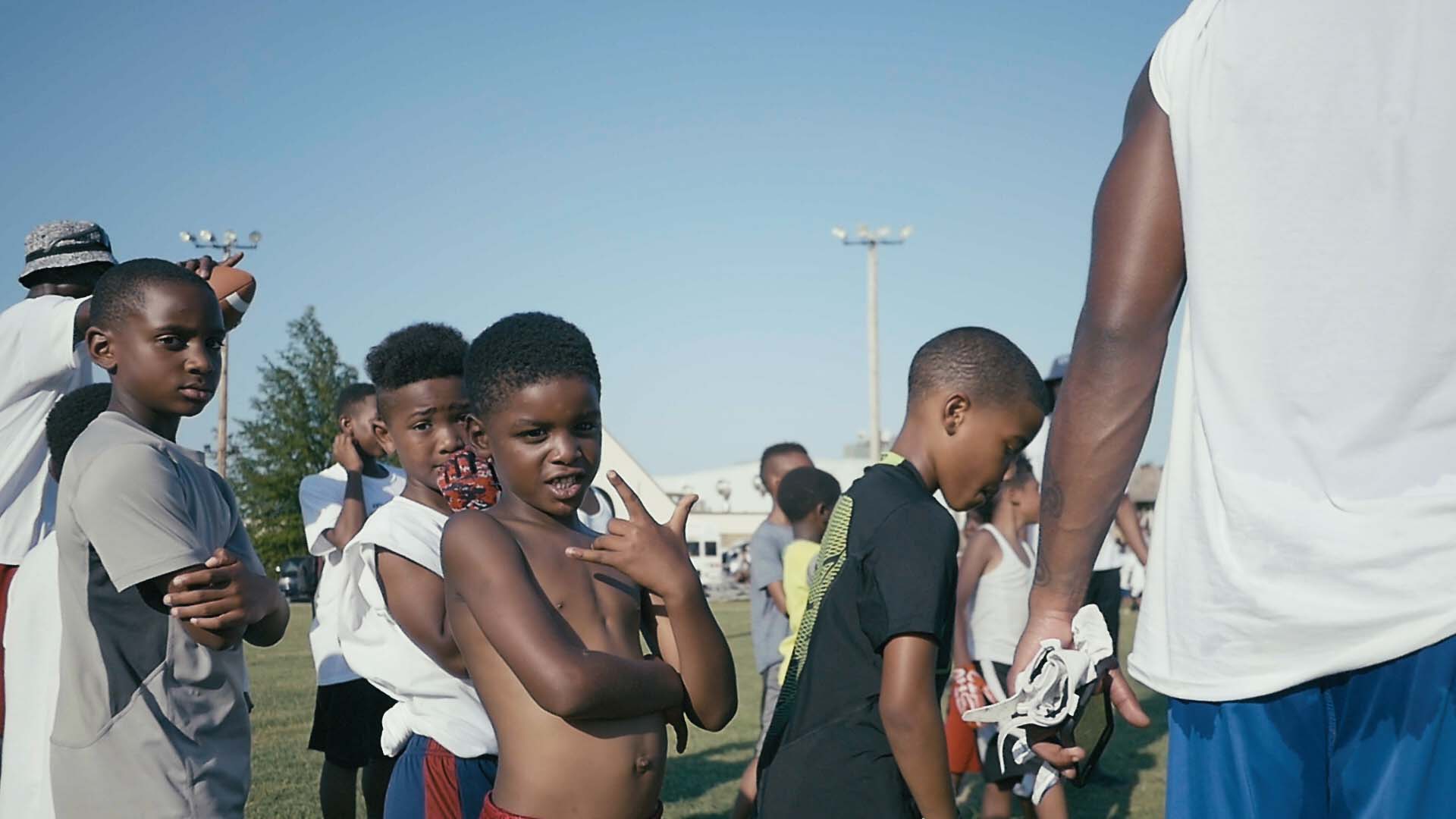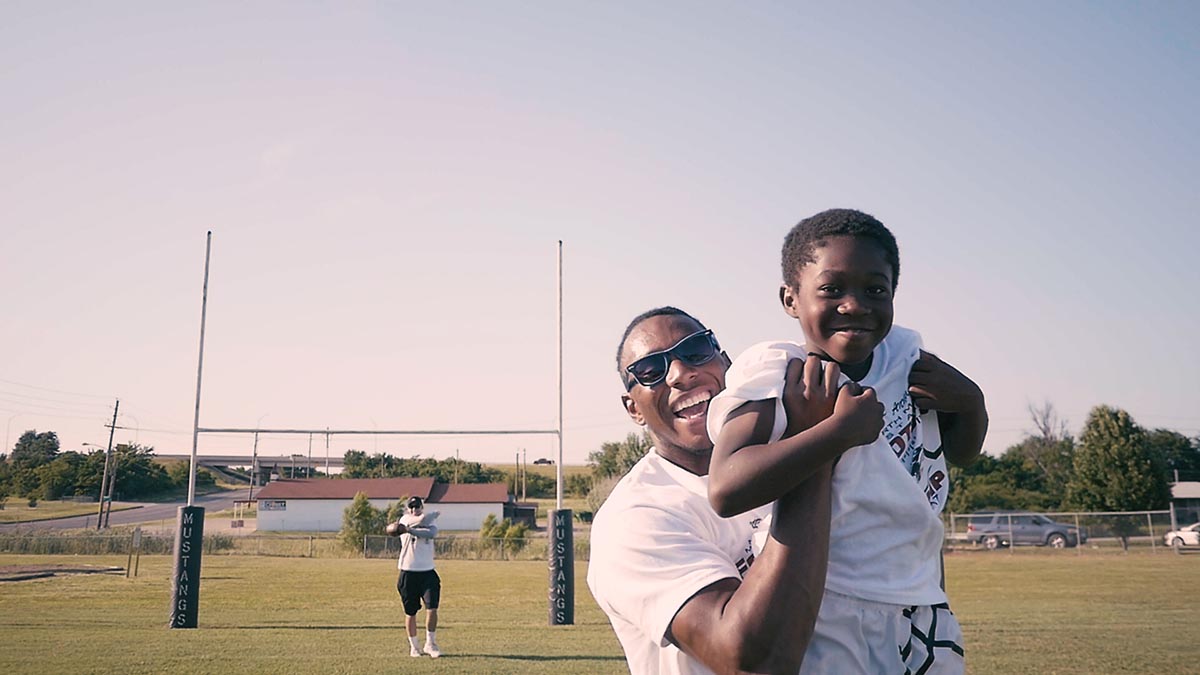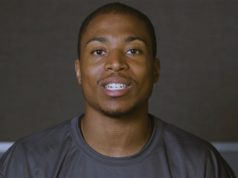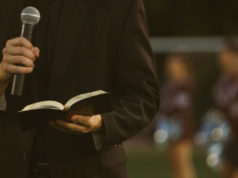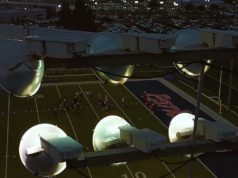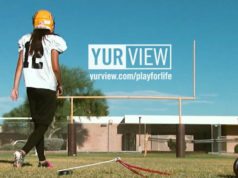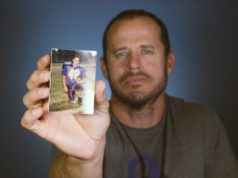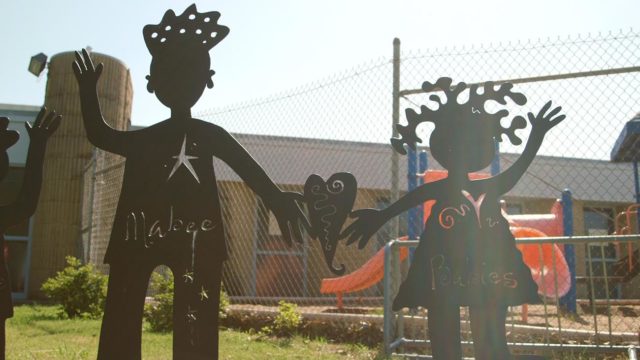
The kids always want to talk football with Rocky Bright. They want to see the national championship ring he won as a defensive lineman at the University of Oklahoma in 2000, and they want to hear first-hand lore about that team. But Bright, as the chair of the advisory board of the Salvation Army North Mabee Boys and Girls Club just outside of downtown Tulsa, has a radically different agenda. Which is why, at a youth football camp a few years back, he displayed a far different, far less shiny object.
“I passed around my first team Big 12 All-Academic plaque,” he says. “It’s not what makes the news all the time, but I tell them with or without professional ball, you’re gonna need the education.”
“There are high standards when you go to North Mabee,” Bright says. “If you win a championship, you’re not doing anything new. We judge you by your community service, and your coming back to help the kids. There’s a built-in sense of responsibility to participate.”
That multi-dimensional education allowed “Mabee Babies” like Bright to emerge with the knowledge that football would only get them so far. Once they’ve gotten as far as they can with football, they also understand it’s their obligation to come back and contribute what they can to the next generation. When Bright finished his career at Oklahoma and realized the NFL wasn’t in his future, he crafted a successful career in economic development and community relations while still finding time to volunteer at North Mabee.
“Wherever you go in the world, you’ll always be a ‘Mabee Baby’ at heart,” Bright says. “We say, ‘If you can’t give us a billion dollars, give us a million minutes.'”
This sense of obligation is what regularly draws back NFL stars like former Dallas Cowboys running back Felix Jones, former New Orleans Saints wide receiver Robert Meachem, and current Seattle Seahawks wide receiver Tyler Lockett, as well as local stars like former Tulsa All-American Dan Bitson, now the Hurricanes’ director of player personnel and development. Bright says guys like Lockett and Jones don’t have to be cajoled into giving back—it’s that their experience at North Mabee was so powerful that they simply know it’s the right thing to do.
“I’m excited that I’m able to come back and still be a part of it,” Jones says. “Football gives me what I need to be a better person.”
“When you have people who are in the same center as you who want to go out there and do great things it’s easier to stay on track because we all have that one goal in mind which was to make it out,” Lockett says. “And a lot of us did.”
There is a simple rule at North Mabee: If you don’t keep up your grades, you don’t play football. The overarching idea is to teach kids to become well-rounded adults; they learn varied skills, and even learn about searching for a job and giving back to the community. Sometimes, their parents wind up getting leads on work, as well. It all goes back, Bright says, to the old adage about it taking a village to raise a child.
“You make so many friends,” says Bitson, who grew up around the corner from North Mabee. “You never realize it at the time what those friends would actually branch out and do.”
“I call North Mabee one of the last villages,” Bright says. “It’s different thing when you’re playing a game and maybe your aunt’s working at the concession stand, or your uncle’s a referee, or your father’s a coach. You can’t act out, because everybody knows you, or knows your parents.”
This was an attitude instilled into Bright—also a star basketball player—at an early age. Sometimes classmates would write in his and his teammates’ yearbooks, Don’t forget me when you go to the NBA or the NFL. Bright would write back, Don’t forget me if I don’t go to the NBA or the NFL.
“You don’t want to be blindsided by life,” he says. “I tell the kids NFL stands for, ‘Not For Long.’ Some people say, ‘Play sports and have an education to fall back on.’ We at North Mabee say, ‘Get your education and fall back on sports.'”


